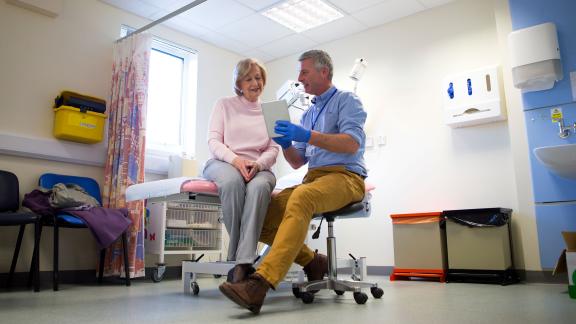Recommendations from the Leng Review

The Leng Review, published on 16 July, is an independent review of the physician associate (PA) and anaesthesia associate (AA) professions.
Led by Professor Gillian Leng, the review responds to concerns raised around patient safety, role clarity and the expanding presence of these professionals in healthcare settings.
Evidence for the review was gathered via an independent literature review, 8,558 frontline staff who completed a specifically designed survey, three patient focus groups, clinical interviews and visits to healthcare providers.



